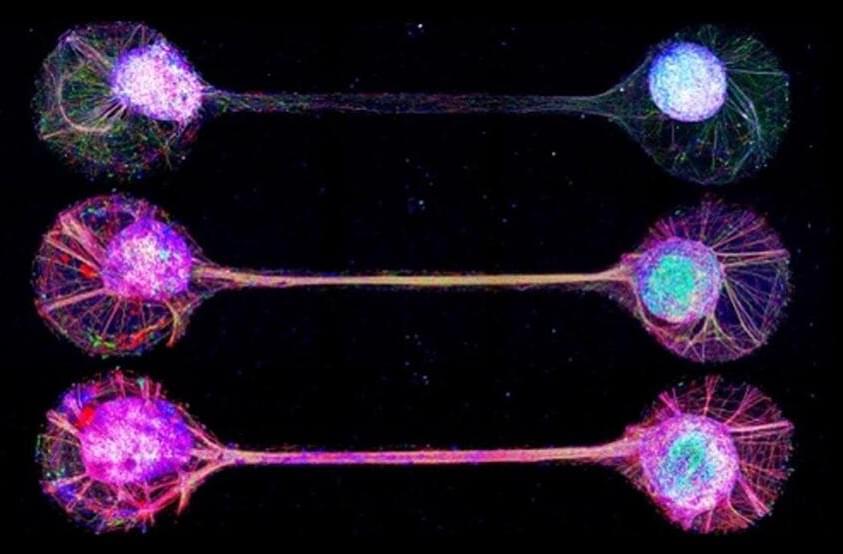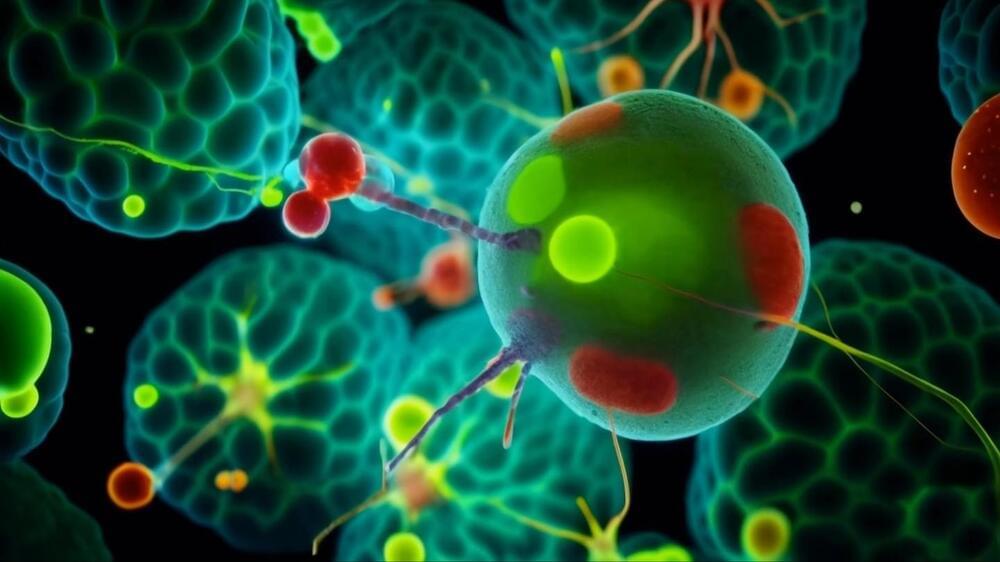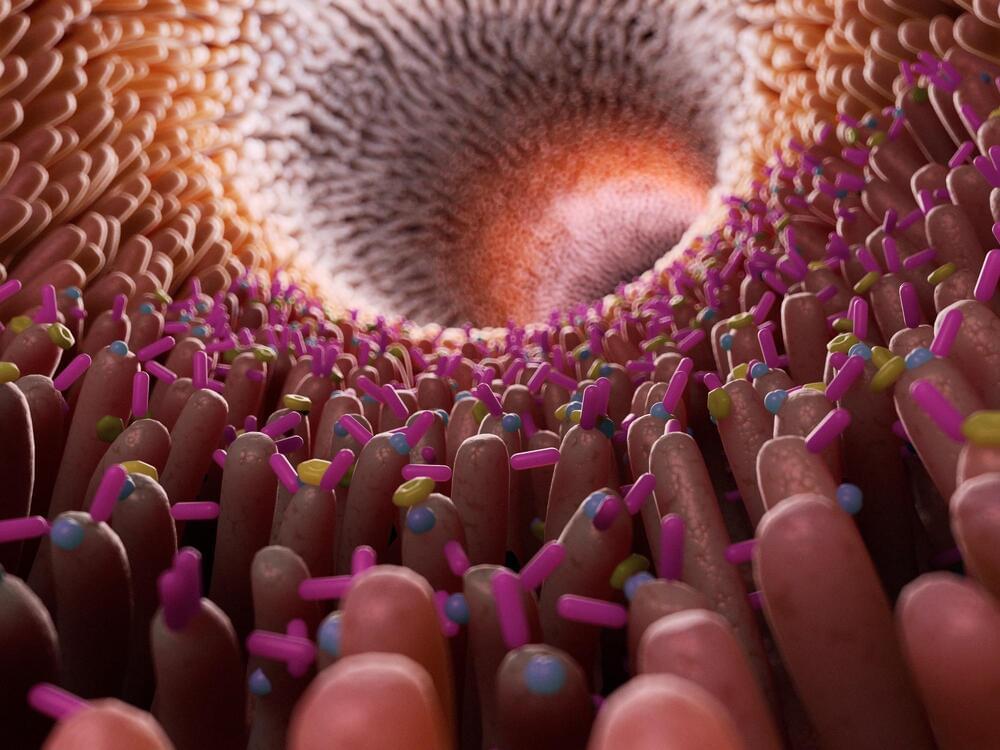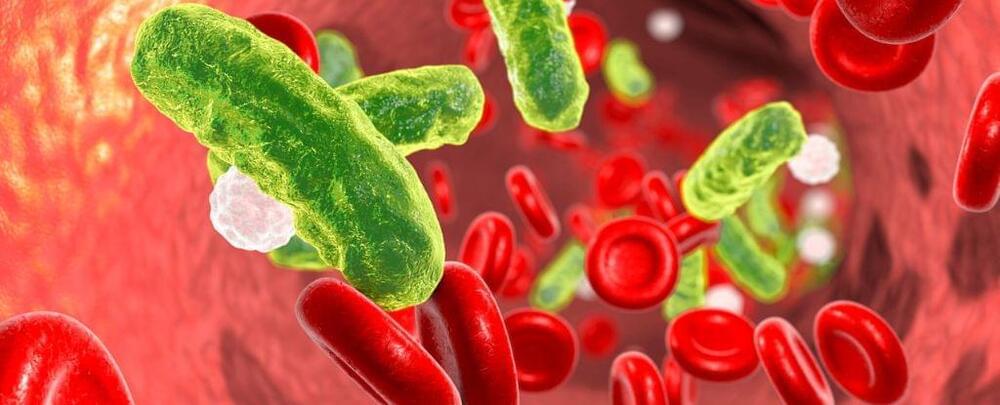Apr 12, 2024
Double Trouble: Decoding the Pain-Depression Feedback Loop
Posted by Saúl Morales Rodriguéz in categories: biotech/medical, neuroscience
JAMA Network Open commentary focuses on the relationship of pain, depression, and anxiety.
Chronic pain is often accompanied by depression and anxiety. In an invited commentary published in JAMA Network Open, Kurt Kroenke, M.D., of Regenstrief Institute and Indiana University School of Medicine, discusses the relationship between pain, the most common symptom for which individuals visit a physician, and depression and anxiety, the two most prevalent mental health conditions worldwide. He highlights the importance of not neglecting psychological symptoms in patients experiencing pain.
Understanding the Connection.


















